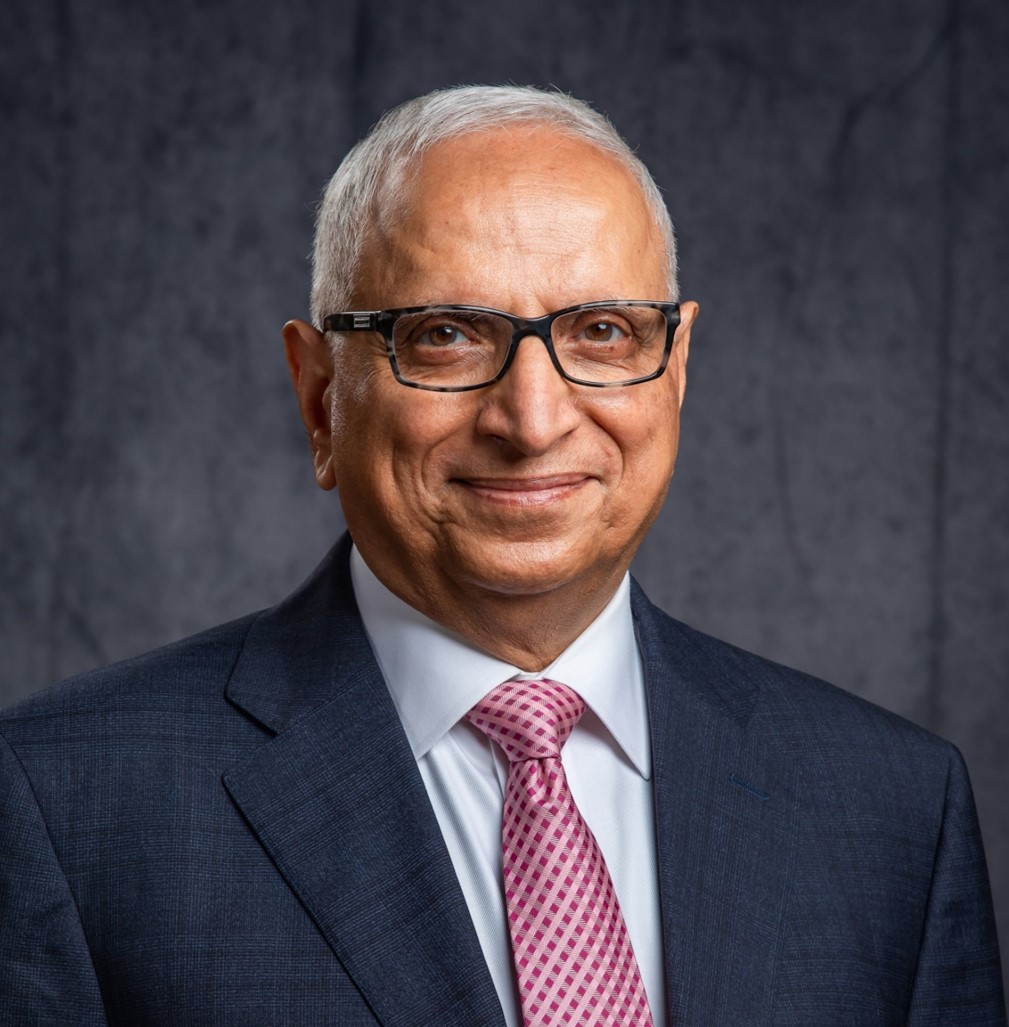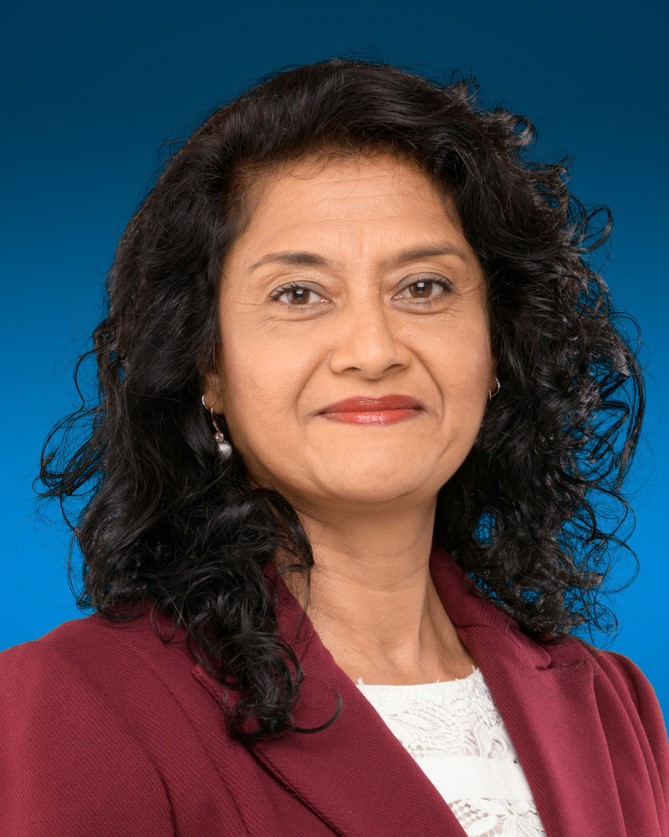Strengthening the Semiconductor Supply Chain Through Supplier Diversity
SOURCE: SEMI Blog
With diversity growing in importance in the semiconductor industry, companies across the supply chain are becoming more transparent with their diversity, inclusion and equity (DEI) initiatives, disclosing their Environment, Social, Governance (ESG) targets and including diversity Key Performance Indicators to keep employees, management, boards – and even investors – current on their progress. The challenge is, how can a corporation meaningfully advance its diversity practices in all aspects of its operations? What are the methods, tools, and best practices that will advance and promote diversity across the global supply chain?
For supply chain professionals, the challenge begins with establishing what constitutes supplier diversity. It can mean one thing in the United States and quite another in other countries and regions. The definition of a minority owned business is intrinsic to the country where the supplier resides. So how do you develop a comprehensive, global strategy for increasing supply chain resilience and diversity in a complex global supply environment? What are best practices for diversifying your supplier base?
In 2018, SEMI members Intel, Applied Materials, Lam Research and TEL asked SEMI to create a special interest group to help the semiconductor industry increase its supplier diversity, prompting the formation of the Manufacturing Ownership Diversity (MOD) Working Group. In 2019, SEMI conducted its first Supplier Ownership Diversity Survey. The aim: Establish a diversity baseline for the semiconductor supply chain and to promote the development of a SEMI Standard featuring common definitions and best practices for supporting global supplier ownership diversity.
SEMI Call to Action
To highlight the importance of the initiative, SEMI CEO Ajit Manocha issued a call to action for the industry to drive significant and measurable progress on diversity and inclusion, including support for diverse manufacturing ownership.
 “SEMI and our member companies are committed to growing diversity at every level of our organizations and industry,” Manocha stated at the time. “Diversity in the workforce, management and small business ownership positively impacts innovation, and having more creativity within organizations will help the semiconductor supply chain address challenges.”
“SEMI and our member companies are committed to growing diversity at every level of our organizations and industry,” Manocha stated at the time. “Diversity in the workforce, management and small business ownership positively impacts innovation, and having more creativity within organizations will help the semiconductor supply chain address challenges.”
Before long, a core group of SEMI members began to develop processes and best practices that the industry could use to help diversify global semiconductor supply chains. To encourage adoption of the work, SEMI Standards proposed a MOD Working Group ballot approval process for a Best Industry Practice (BIP) regarding supplier diversity.
SEMI MOD Working Group Mission
As part of the program, the MOD Working Group developed a mission with several pillars:
- Actively promote and advance supplier diversity programs across the semiconductor industry.
- Increase awareness of the benefits of diverse ownership within the supply chain.
- Connect sellers with buyers across the semiconductor manufacturing supply chain.
- Increase the ability of diversely owned companies to connect with SEMI MOD members and vice versa.
- Develop and share supply chain diversity best practices with manufacturers and diverse suppliers.
- Facilitate communication and adoption of SEMI MOD initiatives and programs across various organizations and platforms.
SEMI MOD Working Group participants include SEMI member companies and of course organizations that are diverse-owned or led. The MOD also includes non-governmental organizations (NGOs) and councils that specialize in measuring and certifying diverse-owned and led businesses that serve or could potentially support the chip industry.

How can being part of the MOD Working Group help you? Let’s say your company sets a goal to double annual spending with diverse-owned and led companies. The first step might be to determine if any suppliers in your current supply chain are diverse. Diverse suppliers are owned and managed by 51% of an under-represented minority, though the definition of minority may differ from country to country. While some diversity definitions are clear in the U.S., much of the semiconductor industry’s supply chain is in Europe and Asia, where definitions can vary greatly. Apart from businesses that are women-owned and operated, which are universally accepted as diverse, the semiconductor industry must work on other country-specific diverse categories.
How do you determine or verify if a company is diverse-owned and led? In our experience, there is considerable value to third-party certification, and the SEMI MOD Working Group has invited experts from NGOs to help guide and advise us in that regard. The response of SEMI members to third-party certification has been positive.
Diversity is a key element of corporate sustainability
 “The same way that a diverse workforce drives up productivity, a diverse supplier base brings about supply chain resilience,” said Mousumi Bhat, VP of Sustainability at SEMI. “It is not surprising that diversity has become a common objective measure for corporations and NGO’s seeking to improve their global supply chain resilience.”
“The same way that a diverse workforce drives up productivity, a diverse supplier base brings about supply chain resilience,” said Mousumi Bhat, VP of Sustainability at SEMI. “It is not surprising that diversity has become a common objective measure for corporations and NGO’s seeking to improve their global supply chain resilience.”
Diversity is core to programs designed to increase supply chain resilience. As the semiconductor industry grows, so does the challenge of diversifying. These challenges are best solved by working collaboratively.
To learn more about SEMI’s work to promote global supply chain diversity, please visit the SEMI MOD website, view the SEMICON West panel discussion, or join our LinkedIn Group. The SEMI MOD Working Group is open to all SEMI members. If you are a SEMI member or a diverse-owned supplier currently serving or interested in supporting the chip industry, please submit an interest form or reach out to Garima Gautam and/or William Olson directly.
 Garima Gautam is Engineering Manager, FSM Productivity at Intel Corporation. In addition to co-chairing the SEMI MOD working group, she is co-chair of the Oregon Women @Intel Network and 2023 co-chair of the Women in Semiconductors committee. She can be reached via LinkedIn.
Garima Gautam is Engineering Manager, FSM Productivity at Intel Corporation. In addition to co-chairing the SEMI MOD working group, she is co-chair of the Oregon Women @Intel Network and 2023 co-chair of the Women in Semiconductors committee. She can be reached via LinkedIn.
 William Olson is the corporate sustainability lead at ASM International N.V. in Phoenix, Arizona. He is co-chair of the SEMI MOD Working Group. Bill graduated from the University of Wisconsin-Madison with a Ph.D. in Inorganic Chemistry. He has 23 U.S. patents and has published more than 40 technical articles. He can be reached via LinkedIn.
William Olson is the corporate sustainability lead at ASM International N.V. in Phoenix, Arizona. He is co-chair of the SEMI MOD Working Group. Bill graduated from the University of Wisconsin-Madison with a Ph.D. in Inorganic Chemistry. He has 23 U.S. patents and has published more than 40 technical articles. He can be reached via LinkedIn.










